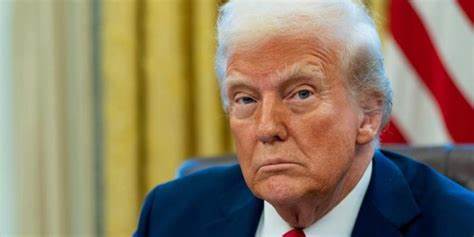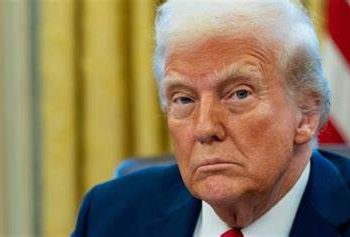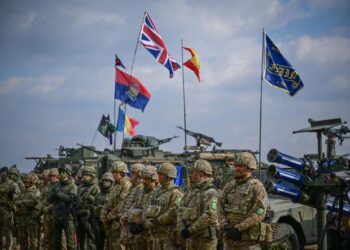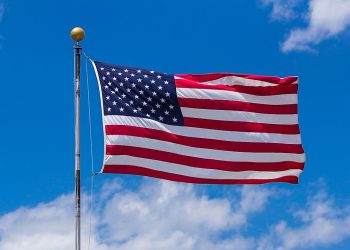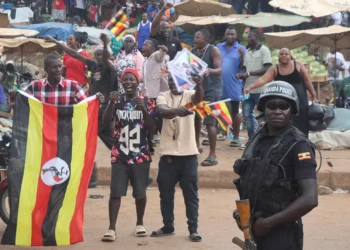US President Donald Trump was presented with military options for potential operations targeting Venezuela this week, according to four sources with knowledge of the briefing, as Washington intensifies its military footprint in the Caribbean region.
The classified presentation to the President included updated strategic alternatives for addressing the regime of Venezuelan President Nicolás Maduro, though sources emphasized that receiving the briefing does not necessarily signal an imminent decision on large-scale military action.
The briefing took place against the backdrop of a significant US military buildup in the region and the formal unveiling of a new Defense Department operation aimed at combating drug trafficking and what officials describe as narco-terrorism in Latin America.
Top national security officials, including Defense Secretary Pete Hegseth and Chairman of the Joint Chiefs of Staff General Dan Caine, conducted the presentation, outlining various courses of action for presidential consideration.
The potential military operations fall under a campaign designated by the United States Southern Command (SOUTHCOM) and code-named “Operation Southern Spear.”
Defense Secretary Hegseth publicly announced the operation on social media platform X, declaring that the mission would be executed by a Joint Task Force under SOUTHCOM’s leadership “to defend our Homeland, remove narco-terrorists from our Hemisphere, and secure our Homeland from the drugs that are killing our people.”
The announcement effectively formalizes an ongoing series of US military strikes against suspected drug-trafficking vessels operating in Caribbean and Pacific waters—operations that have reportedly caused multiple casualties since September 2025.
According to sources familiar with the briefing, the military options presented to President Trump range from targeted air strikes on Venezuelan military installations, government facilities, and drug trafficking networks, to more aggressive scenarios involving direct attempts to remove Maduro from power.
However, Trump has demonstrated reluctance toward military intervention that could result in mission failure or American casualties. Administration officials have previously acknowledged the absence of clear legal grounds for launching attacks on Venezuelan territory.
The strategic discussion occurs as the United States continues amassing substantial naval assets in the region. The deployment includes the USS Gerald R Ford carrier strike group, one of the most advanced and powerful naval formations in the world, equipped with an estimated 170 Tomahawk cruise missiles.
Defense analysts have characterized the carrier group’s presence as a dramatic escalation that significantly enhances American military capability in the hemisphere.
Caracas has responded forcefully to the US military buildup. The Maduro government has ordered what it describes as a “massive deployment” of Venezuelan armed forces and placed the country’s entire military arsenal on maximum operational alert, declaring a state of heightened readiness across all branches.
The American military campaign has drawn criticism from international legal scholars and some US allies who question the legitimacy of strikes against vessels in international waters. France’s Foreign Minister has been among those raising concerns about the legal foundation for such operations.
Critics have suggested that the anti-narcotics justification may serve as a pretext for a broader regime change strategy targeting Maduro’s government.
The apparent objective of the escalating military pressure appears twofold: either to compel Maduro to accept exile or to create conditions that might trigger a military coup from within Venezuela’s armed forces.
Despite Trump’s historical caution regarding Venezuelan military intervention, the administration’s actions suggest a willingness to maintain pressure on the Caracas regime through a combination of military presence, targeted strikes, and strategic uncertainty about future actions.
The trajectory of US-Venezuela relations in the coming weeks will likely hinge on how Operation Southern Spear unfolds and how Maduro’s government responds to the sustained American military pressure.
Venezuela, which possesses significant oil reserves and has maintained close relationships with US adversaries including Russia, China, and Iran, remains a focal point of Washington’s hemispheric security concerns, particularly regarding migration flows, drug trafficking, and regional instability.

